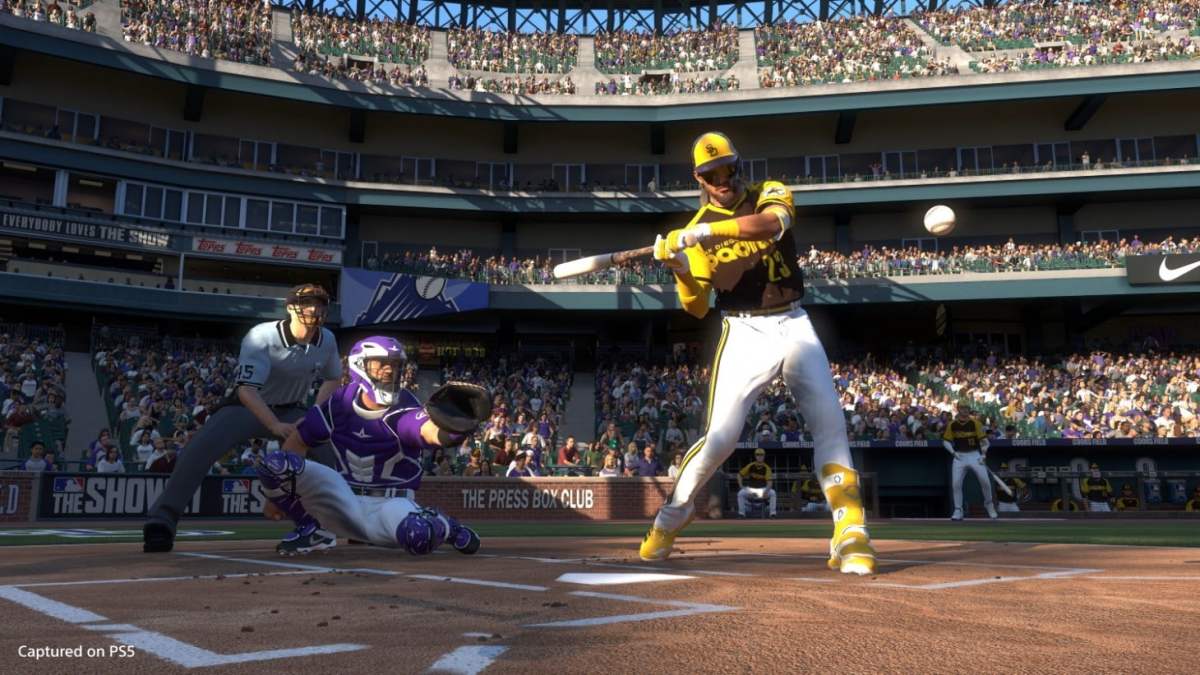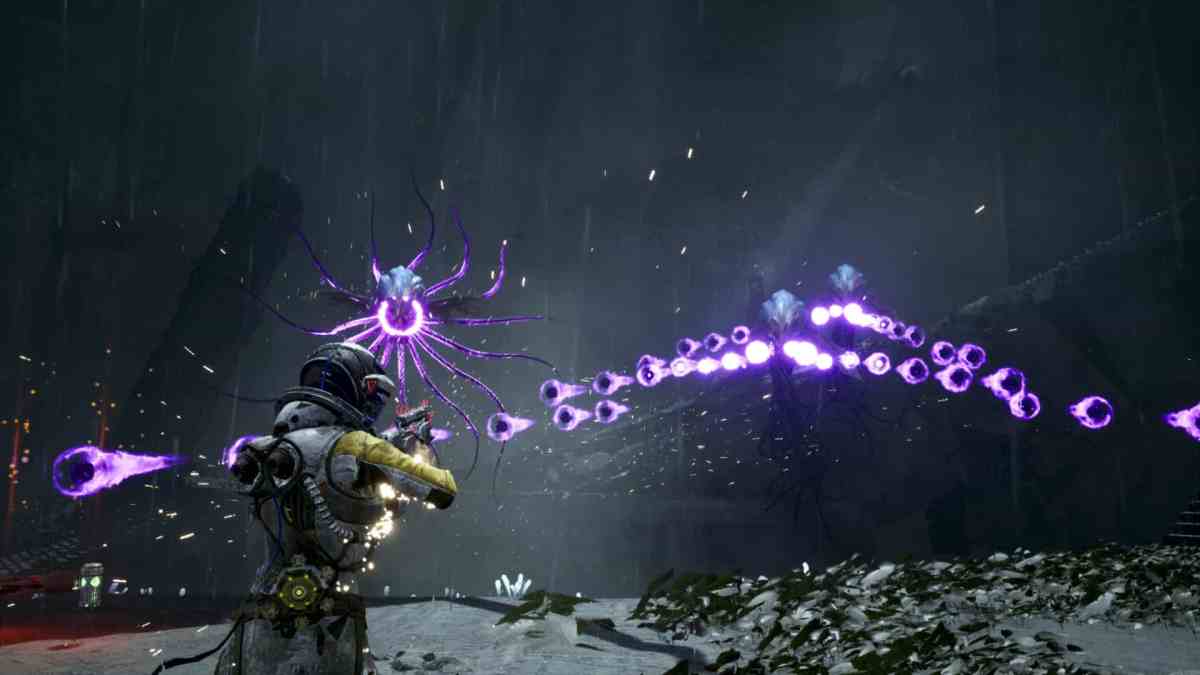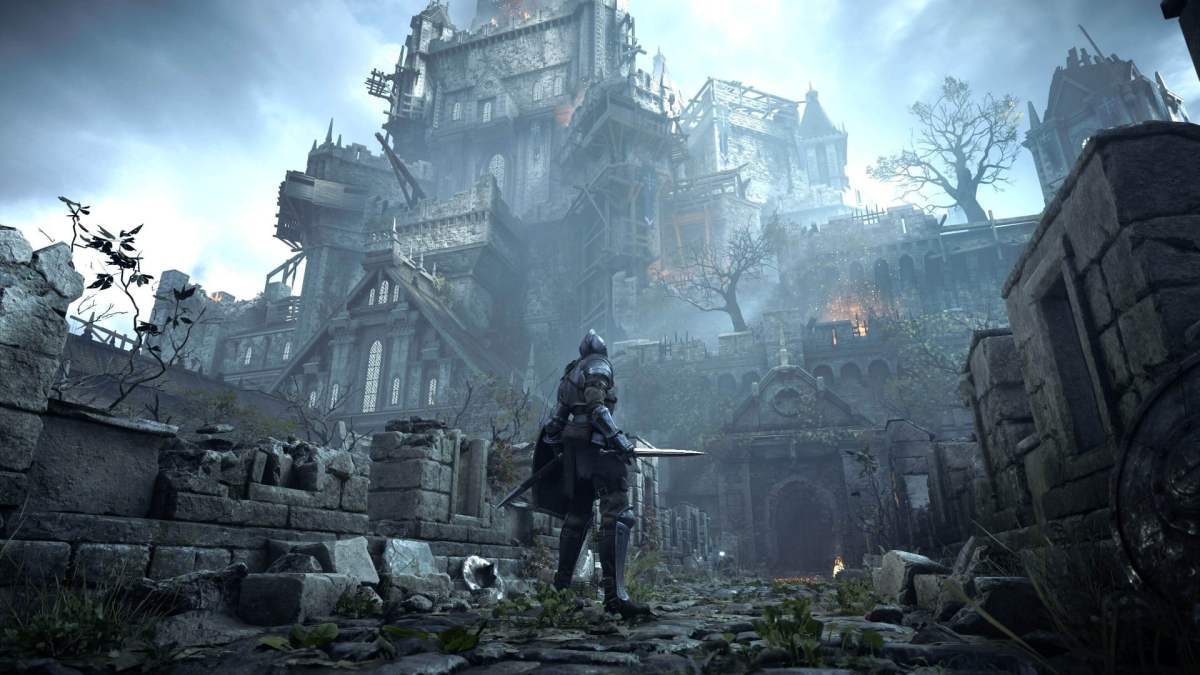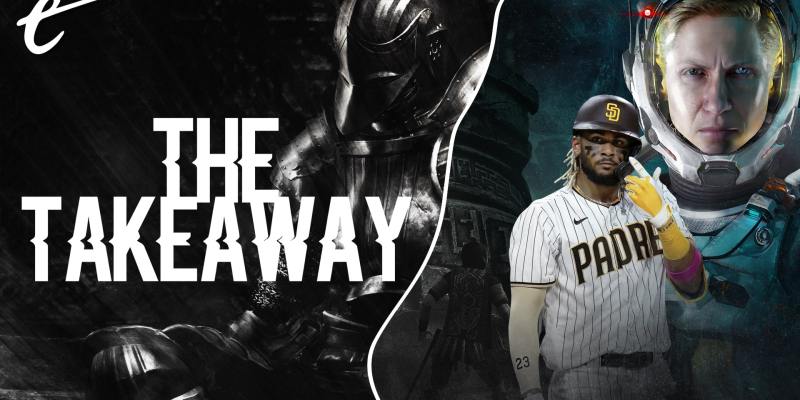We’re nearly five months into this new generation of consoles, and things are largely going as expected. It’s still frustratingly difficult to purchase either versions of the PlayStation 5 or Xbox Series X | S. A wealth of high-profile games are being delayed into 2022 and beyond, largely due to the massive impact the pandemic had on all facets of development. But all things aside, the new boxes are solid pieces of hardware and show a bright future for both Microsoft and Sony.
But one thing that’s been unexpected is how PlayStation’s messaging over the past half year or so has just felt… off. Despite coming off a stellar 2020 that sent PlayStation 4 off into the sunset on a high note while simultaneously ushering in the PS5, it feels like a series of small stumbles has added up, allowing Microsoft to come in with its own smart wins and really shrink the gap between the two.
Just this week, we saw a trio of stories that left me absolutely baffled by Sony’s decision-making. First and foremost was the blockbuster announcement that MLB: The Show 21 will hit Game Pass when it releases later this month. That’s right — a game developed by Sony’s own San Diego Studio will not only be making its debut on Xbox, but it’ll be a part of Microsoft’s continually growing subscription service. And as of this writing, it will be released on PS5 at the new premium price of $69.99. At that price, you could get a bare minimum of seven months of Game Pass.
Even if you don’t care about sports, this news is so much bigger than just baseball. There’s a lot to unpack about it, including a lot of behind-the-scenes deals that we simply aren’t privy to. Odds are Microsoft slipped a piece of paper over to Major League Baseball with a number written on it, continued to add zeros to the end of it, and told it to say when. And for MLB, this is absolutely a win-win scenario. Its excellent baseball sim will now reach an entirely new audience who can try it out with Game Pass, and if they dig it, MLB has gained another fan for years to come.

But as great as this is for Xbox, MLB, and the team at San Diego Studio, it feels like a massive loss for PlayStation fans and an embarrassment for Sony as a whole. To have one of your longest-running first-party franchises appear as a part of your competitor’s subscription service, while you’re charging the full, premium price for it, is such a bad look and only serves to highlight the growing disparity in quality between Game Pass and Sony’s similar offerings in PS+ and PS Now. Also, it’s genuinely funny to me that we’re seeing a brand new first-party PlayStation game launching on Xbox Series X | S Game Pass before we’ve seen a brand new first-party Xbox game do the same.
This MLB news came right on the heels of last week’s disappointing news that Sony would be shuttering the PS3, PSP, and Vita digital stores later this summer. You can check out my full thoughts on the matter elsewhere, but the gist of it is that Sony has a responsibility to preserve its incredible history and library of games. And by shutting down these stores, over 2,000 digital-only games will be locked away for good.
And in a bit of serendipitous timing, right after Sony confirmed this news, Microsoft announced that over a dozen games from as far back as the original Xbox would be playable on Android devices via Xbox Cloud Gaming. The official post goes into the company’s backwards-compatibility initiative, which launched in 2015, and includes the line, “Since then we’ve launched multiple consoles and are still committed to making games across generations available to you no matter the hardware.” The difference in messaging on this matter between Sony and Microsoft is night and day.

Another noteworthy event this past week was when the official PlayStation.Blog posted the first written hands-on preview of Returnal, Housemarque’s upcoming PS5 game. This is certainly nothing new — PS Blog has been covering its own games for generations now. The strange thing is that its previews almost always align with a general embargo, meaning that it’s one of dozens available to check out. To have the only hands-on coverage of an anticipated game, this close to launch, come from a source that understandably can’t be impartial is definitely a bit strange. It’s not a huge deal in the bigger picture, but again — it’s one of the dozens of stumbles that add up to something bigger.
Alongside all of this, there has been a string of prominent departures from Sony Japan Studio, known throughout PlayStation’s history for games like Ape Escape, Gravity Rush, and Knack, as well as assisting with the development of Bloodborne, the Demon’s Souls remake, and Team Ico’s trilogy. This culminated in Sony effectively closing the studio and moving the remaining folks over to Astro Bot developer ASOBI Team. Sony’s oldest first-party studio is no more, and it feels like the news was just kind of swept under the rug.
There are even more small PlayStation stumbles that are adding up. Xbox’s Smart Delivery, which at first seemed like a silly marketing term, is making the transition between generations genuinely simple, whereas trying to manage which version of a game is being downloaded and played on PlayStation 5 feels like herding cats. Meanwhile, the Series X interface is a faster and leaner version of what worked on the Xbox One, whereas the PS5 interface still feels a bit clunky and unintuitive, even five months after launch.
The thing about all of this is that none of it will really matter in the grand scheme of things if Sony keeps delivering the high-quality exclusives that made the PS4 such a monumental success, especially if those games start making their way to PC. The generation was capped off in 2020 with amazing first-party games like The Last of Us Part II, Ghost of Tsushima, and Dreams, alongside excellent exclusives in Final Fantasy VII Remake, Persona 5 Royal, and 13 Sentinels: Aegis Rim. That’s not even mentioning the stellar PS5 launch lineup with Spider-Man: Miles Morales, Demon’s Souls, and Astro’s Playroom. At the end of the day, games are what really matter, and Sony’s stable of amazingly talented studios can still deliver those in spades.

The most interesting thing about the current positions of Sony and Microsoft is that they agree perfectly with what we’ve seen in history going back several generations. Since the early 2000s, the pendulum has constantly swung back and forth. Sony’s massive success with PlayStation 2, leading it to become the bestselling console ever made, saw it become arrogant at the start of the PlayStation 3 generation. However, a year head start, lower price, stronger third-party support, and a less-cocky attitude allowed Xbox 360 to jump to an early lead that generation and cement itself as a worthy competitor to Sony’s empire.
But then the pendulum swung again, and Microsoft stumbled out of the gate with the Xbox One’s botched reveal, lack of clear messaging, and some anti-consumer statements from the leadership at the time. This invited PlayStation 4 to come in, remedy its past mistakes, and become the defining console of the last generation. Yet once again, here comes the pendulum, and with it, Xbox is capitalizing on Sony’s stumbles and delivering a series of wins in the form of major acquisitions, Game Pass, xCloud, and a more open form of communication.
There’s no telling how the rest of this generation is going to pan out, especially with the looming shadow of Nintendo ready to supercharge its already monumentally popular Switch. But it’s hard to deny that, right now, Xbox is building up considerable momentum, while PlayStation appears to be coasting off its past successes. And momentum is all that’s needed to help swing the almighty pendulum back in the opposite direction.
